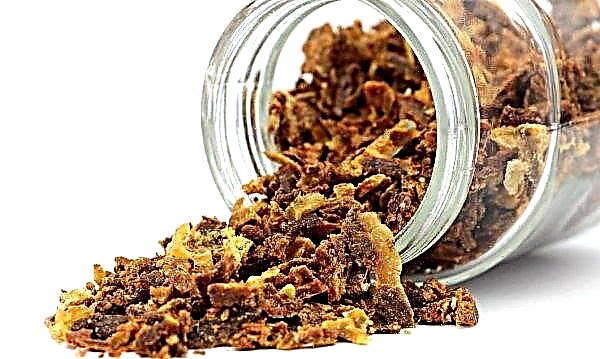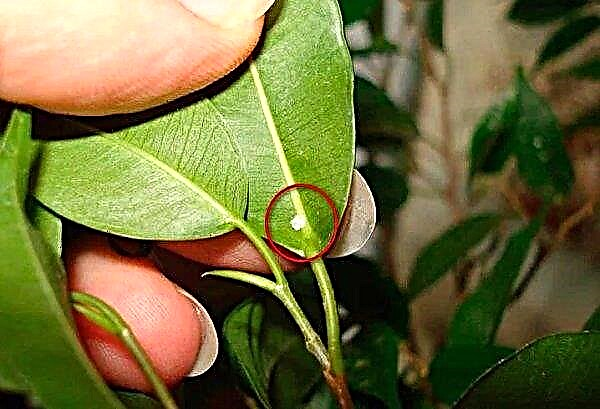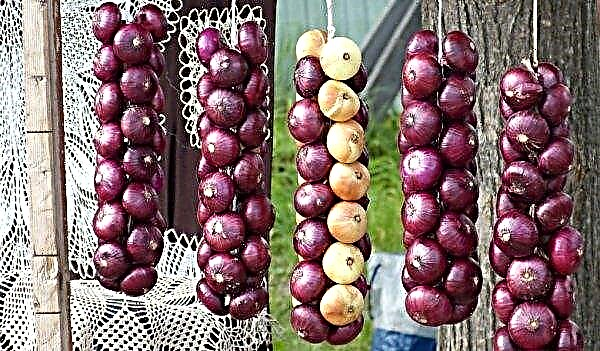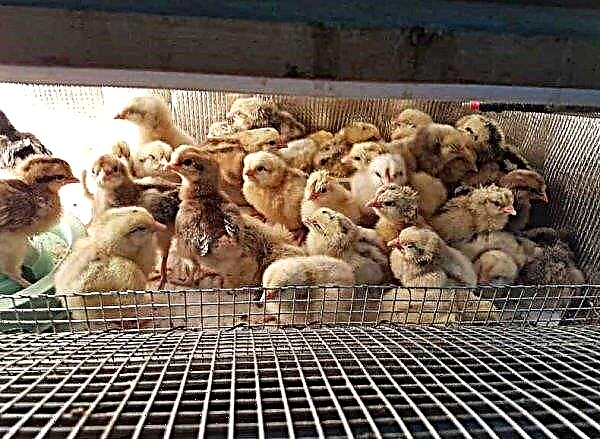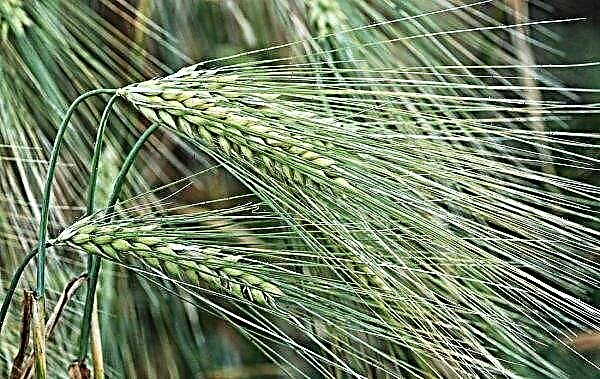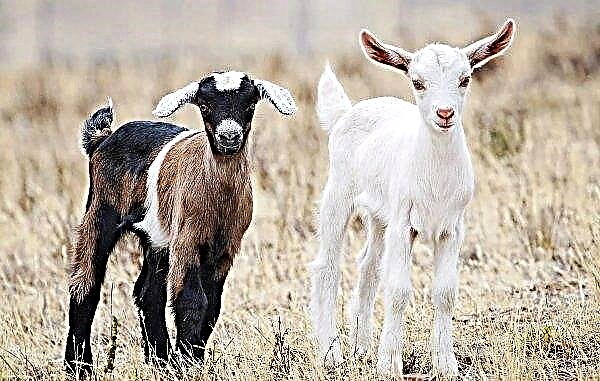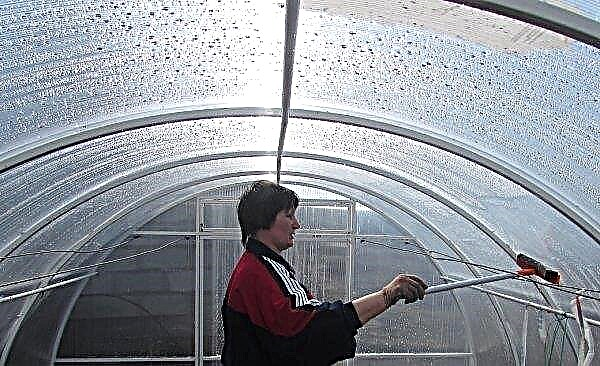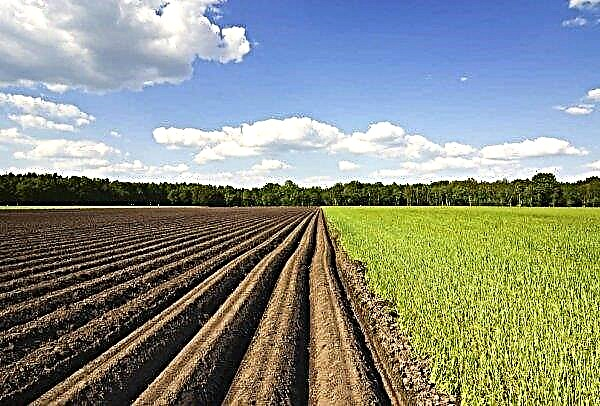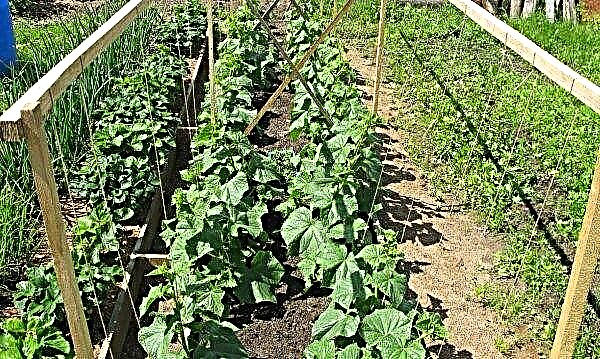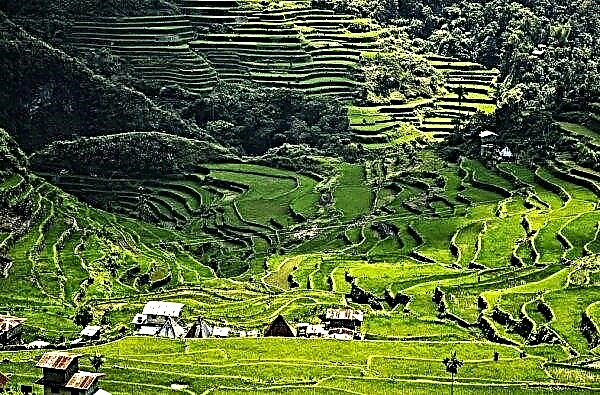More than 1,000 apple varieties are currently grown in the Kentville Biodiversity Apple Orchard. This is one of the most diverse garden collections in the world.
Sophie Watts, a graduate student at Dalhousie University College of Agriculture, Canada, took a bite of apples in the garden of Nova Scotia and showed the flesh to visitors. The original flesh of the apple was bright pink.
This variety is called the "Pink Pearl," said Watts, it is really fresh and the pulp is perfect. In addition, this apple variety has a sweet candy flavor.

Sean Miles, associate professor of agriculture at the University of Dalhousie’s Department of Agriculture, said it would take 25 years to successfully grow a new variety of apples.
The breeder first adds the pollen of one flower to the pollen of another flower, and a few months later a seed is formed before it can be planted. Seeds of new varieties must be carefully grown and optimized. It takes many years to turn into a large-scale landing.

Associate Professor Miles and his team have created an orchard as a seed bank for growers to develop new, delicious varieties with less time, money and space for successful commercialization.
These breeds include the "ancestors" of modern apples from Kazakhstan, which associate professor Miles called "a small yellow apple." Because it quickly softens, few love it today.

He said there is another variety called Black Oxfords. This apple is not completely black, but it is very close to black. In fact, it is of a very very deep purple color. The new variety, Cosmic Crisp, has been developed in Washington State since 1997 and will be first introduced this fall.

